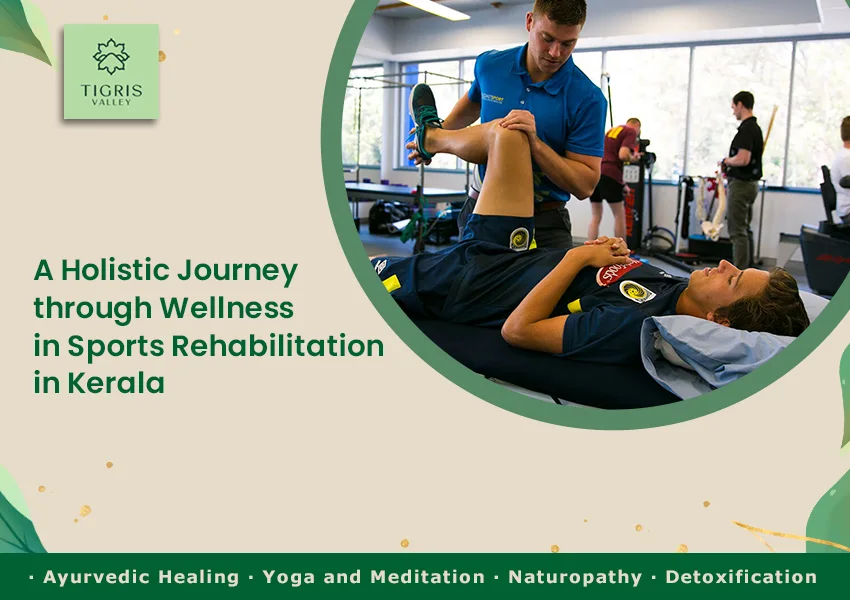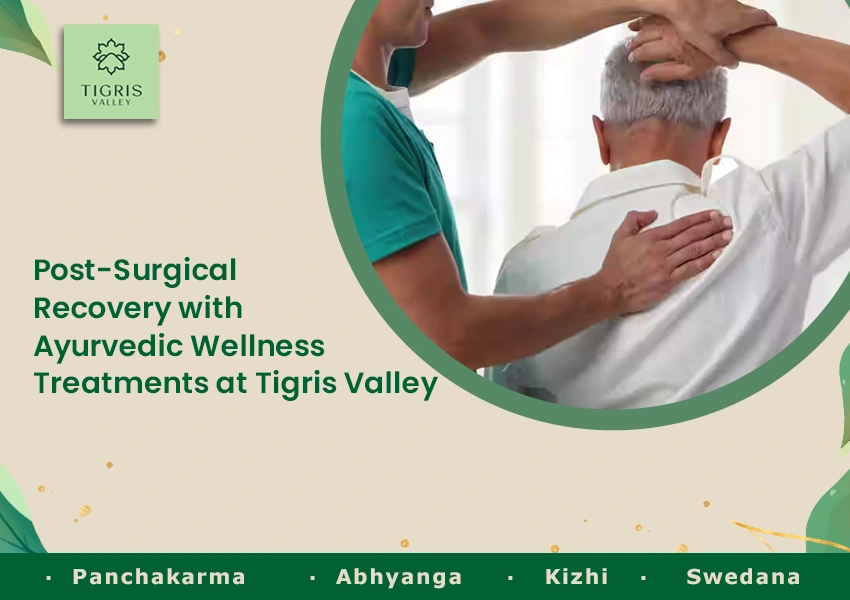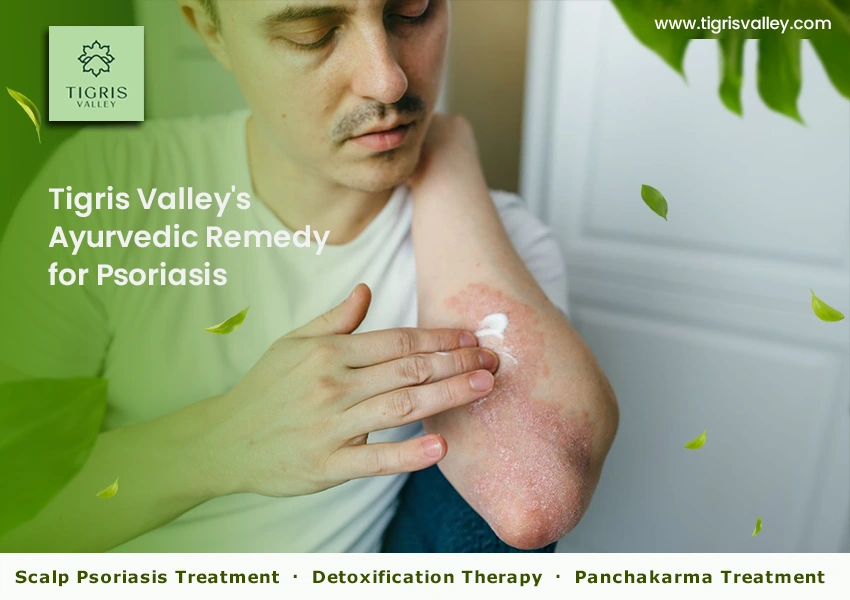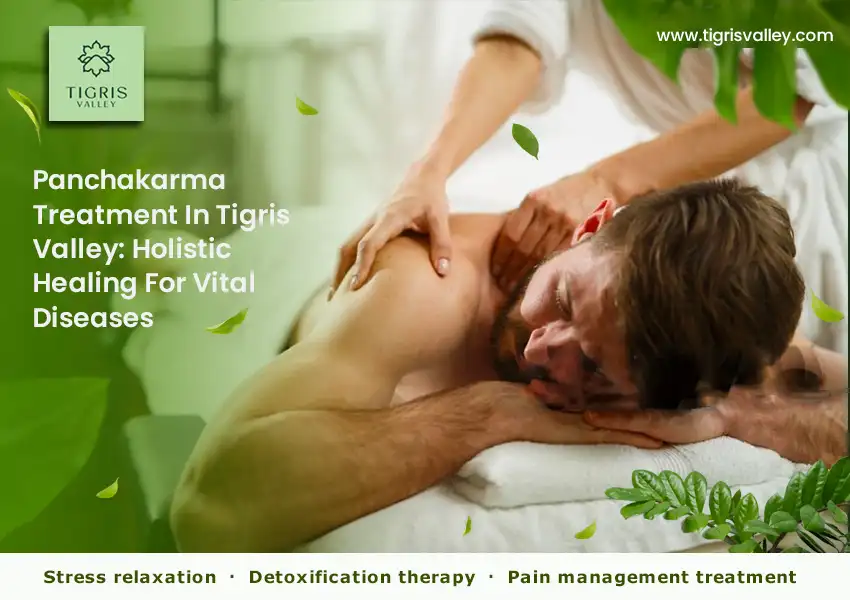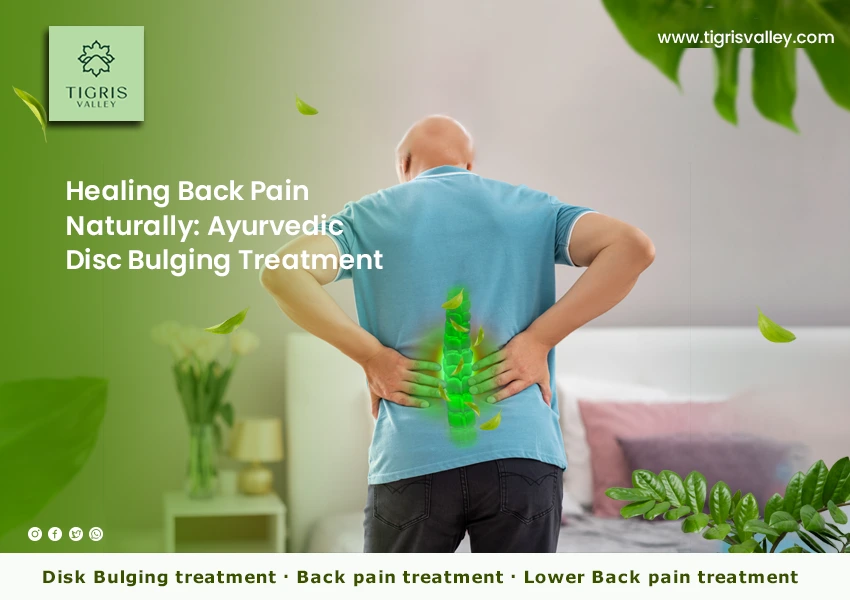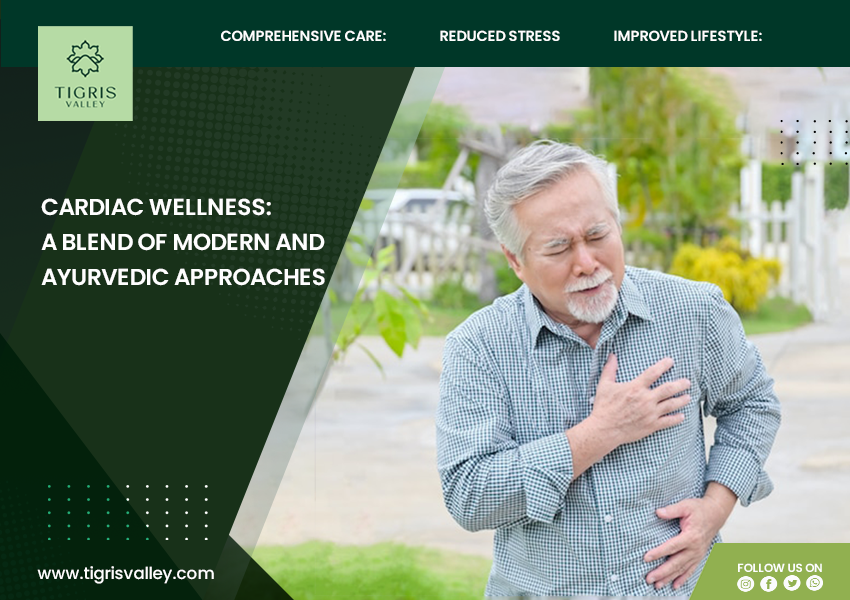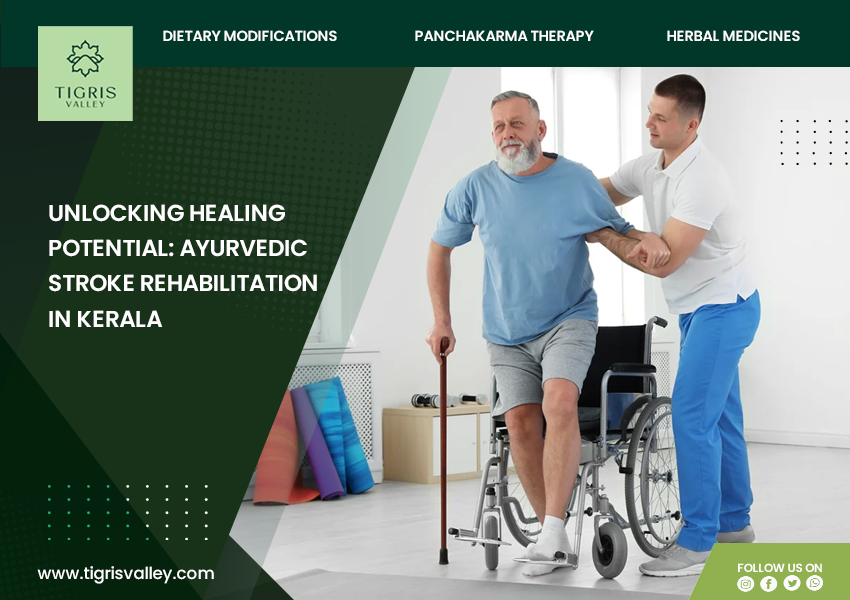
Rebuilding Heart Health: Holistic Cardiovascular Care & Rehab Program
Cardiovascular disease (CVD) is the leading cause of death globally, but with advancements in medical treatment and rehabilitation programs, individuals can now significantly improve their heart health and quality of…

